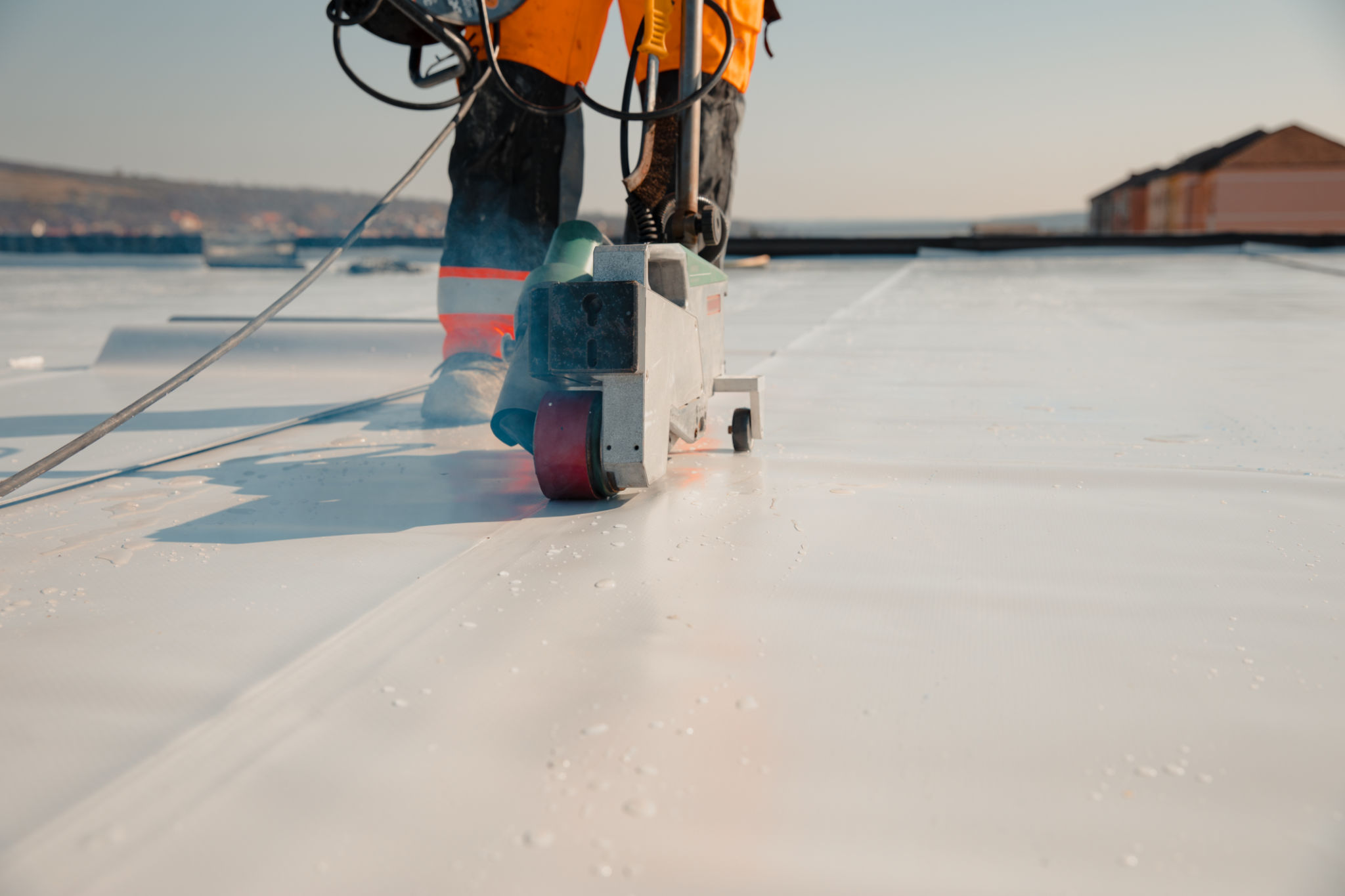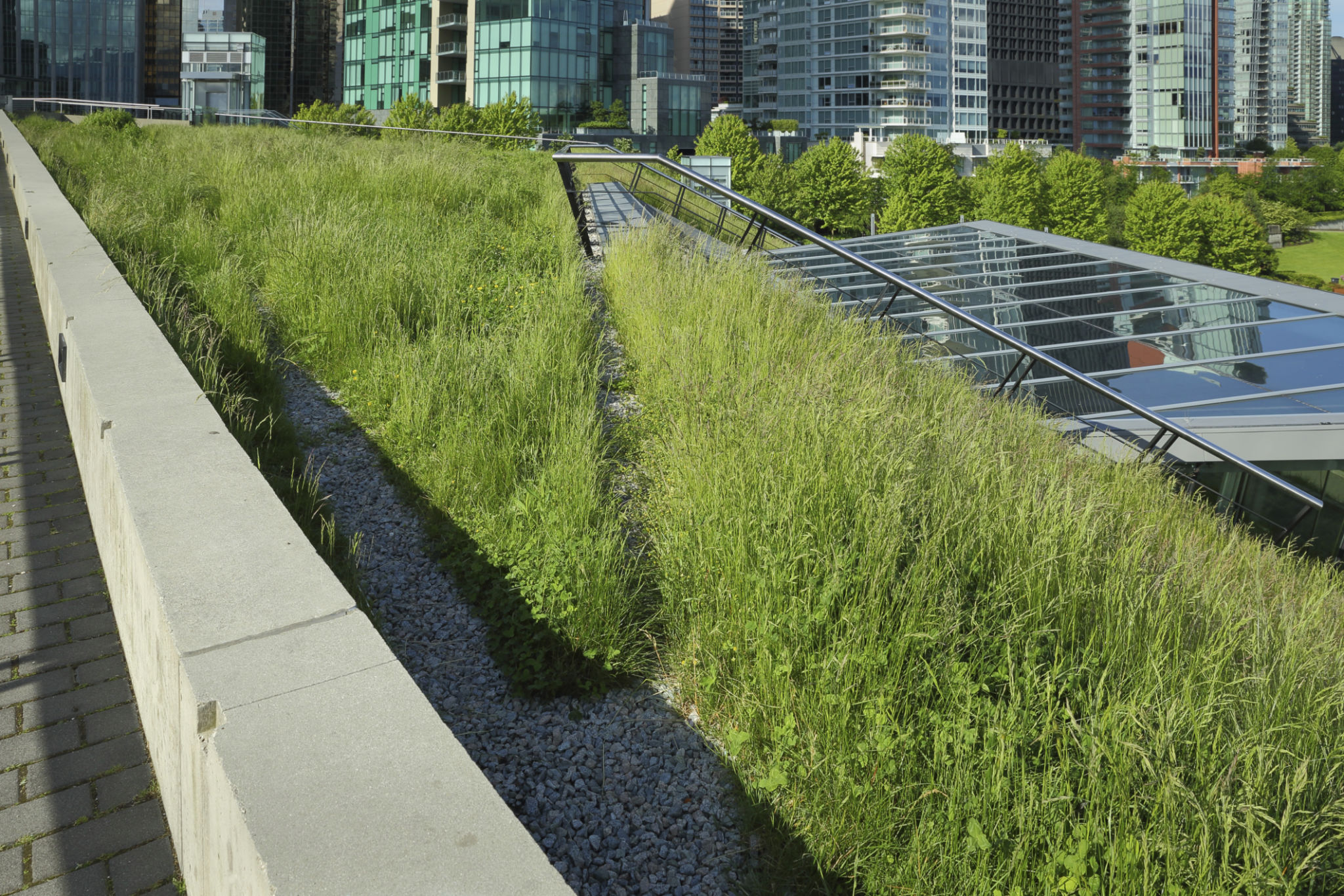Why Flat Roofs Are Ideal for Commercial Buildings in New Jersey
Understanding the Benefits of Flat Roofs
Flat roofs have become a popular choice for commercial buildings in New Jersey, and for good reason. Their design offers several advantages that cater specifically to the needs of businesses. One of the primary benefits of a flat roof is its cost-effectiveness. The materials and labor required for constructing a flat roof are generally less expensive compared to pitched roofs, making them an attractive option for business owners looking to manage expenses effectively.
Additionally, flat roofs provide easy access for maintenance and repairs. This can be particularly important for commercial buildings, where rooftop equipment such as HVAC systems often require regular servicing. With a flat roof, technicians can move around more easily and safely, potentially reducing service times and costs.

Maximizing Space with Flat Roofs
Another significant advantage of flat roofs is the ability to maximize usable space. In urban areas like New Jersey, where property is at a premium, making the most of every square foot is crucial. Flat roofs offer the potential for additional outdoor space, which can be transformed into a rooftop garden, seating area, or even solar panel installation.
By utilizing the rooftop, businesses can create multi-functional spaces that not only serve practical purposes but also enhance the aesthetic appeal of the building. This flexibility is particularly valuable in densely populated areas, where expanding horizontally may not be an option.

Durability and Weather Resistance
Commercial buildings in New Jersey must withstand diverse weather conditions, from harsh winters to humid summers. Flat roofs are designed to be durable and can effectively manage water drainage with proper installation. Roofing materials such as TPO, EPDM, and modified bitumen are commonly used for flat roofs, offering excellent resistance to weather extremes.
These materials are also known for their long lifespan, which means business owners can expect fewer roof replacements over time. This durability translates into long-term savings and peace of mind for property managers.

Energy Efficiency and Environmental Benefits
Flat roofs can contribute to a building's energy efficiency, which is essential given the rising costs of energy and the growing emphasis on sustainability. Many flat roofing systems are designed to be reflective, reducing heat absorption and helping to maintain a consistent internal temperature. This can lead to lower cooling costs during the hot summer months.
Moreover, flat roofs provide an ideal platform for installing solar panels. By harnessing solar energy, businesses can further reduce their environmental impact and potentially lower energy bills. New Jersey offers various incentives for solar installation, making it an even more attractive option for commercial buildings.
Easy Integration with Green Building Practices
As sustainability becomes increasingly important in building design, flat roofs offer unique opportunities to integrate green building practices. They are ideal for green roofs, which involve planting vegetation on the rooftop surface. Green roofs help improve air quality, reduce stormwater runoff, and provide additional insulation.
This not only enhances the environmental performance of the building but also creates a more pleasant working environment for occupants. In New Jersey, where urban greenery can be limited, a green roof can significantly impact both aesthetics and environmental quality.

The Versatility of Flat Roofs
Flat roofs offer remarkable versatility in terms of design and application. They can be customized to meet the specific needs of different businesses, whether that involves additional structural support for heavy equipment or unique architectural features. This adaptability makes flat roofs suitable for a wide range of commercial applications, from retail spaces to industrial warehouses.
In conclusion, flat roofs present an array of benefits that make them ideal for commercial buildings in New Jersey. Their cost-effectiveness, space efficiency, durability, energy efficiency, and environmental benefits make them a compelling choice for any business looking to optimize its physical infrastructure.